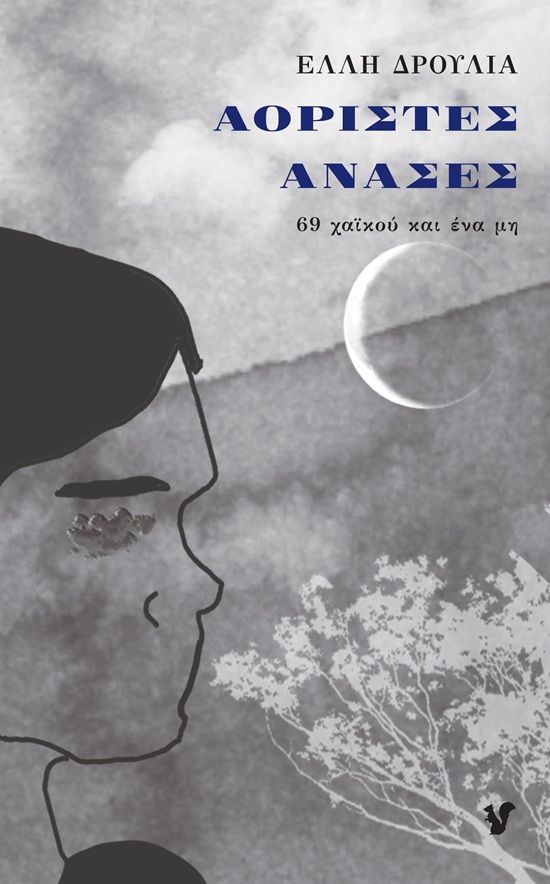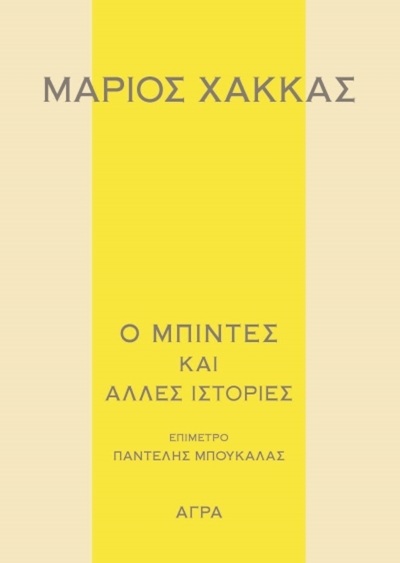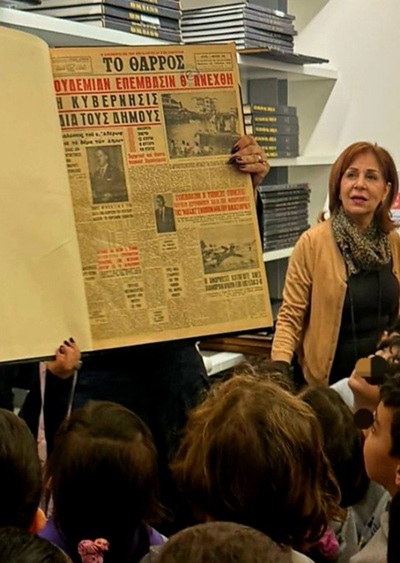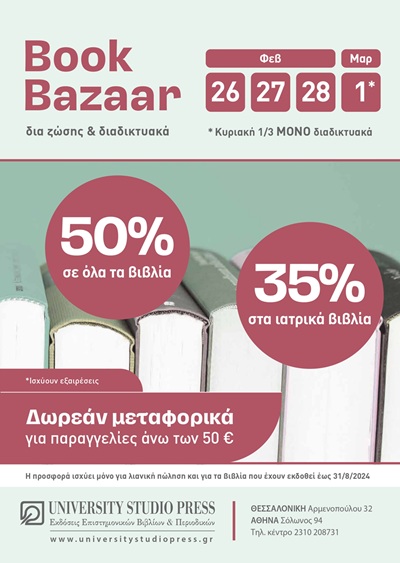
Title: Indefinite Breaths
Author: Elli Droulia
Publisher: Ο Mov Skiouros
Subject: Poetry
Year: 2025
Pages: 80
Τechnical Features: 20Χ13
Images, thoughts, feelings—
in brief, all summed up in three
lines, no more, no less.
This is the second haiku by Elli Droulia, and it would not be an exaggeration to say that it contains the entire philosophy of haiku poetry. Haiku is a traditional Japanese form of poetry, usually consisting of three lines with 17 syllables (5-7-5). With simple yet penetrating language, a concise form, and layered meanings, haiku poetry captures fleeting images of nature and human experience, inviting the reader, like a mirror, on an introspective journey as well as offering a clear perspective on the world.
Breathed upon—
faces and eyes
bathed in cold.
Adhering to the form of the Japanese literary genre, Elli Droulia does not hesitate to introduce subversions in content, incorporating at the best moments of her poetry the motif of irony as a literary weapon to confront oneself and the world:
The system turned—
its switches flipped on
self-preservation.
The cover artwork is by Maria-Loukia Mitrakou (“Nychaki”, 2024) and introduces the reader to the atmosphere of the haikus as well as the stoicism that permeates the entirety of Elli Droulia’s poetry.
I endure.
I cannot endure.
What else do I have?
Bio| Elli Droulia
Elli Droulia holds a degree from the Faculty of Philosophy of the National and Kapodistrian University of Athens and a master’s degree in the History and Culture of the Byzantine and Post-Byzantine World from Sorbonne I. She collaborated on the 19th-century Greek Bibliography program. From 1992 to 2021, she worked at the Library of the Hellenic Parliament.
She has participated in conferences in Greece and abroad, and has written articles, entries, and book reviews on topics related to the Greek press of the War of Independence, libraries and archives, bibliography, and the culture of books. Her published works include: The Single Sheets of E.L.I.A. (1800-1863). Bibliographic Presentation, Athens, E.L.I.A., 1989; The Newspaper “Chronos” of Ioannis Philemon, 1833, Summaries-Indexes, Athens, Society for the Study of Modern Hellenism – MNIMON, 2010; and literary works: Romanos the Digitator in Ravenna and Other Byzantine Narratives, Athens, Kanakis, 2016; For the Love of Books, Nisos, 2018.







Leave A Comment